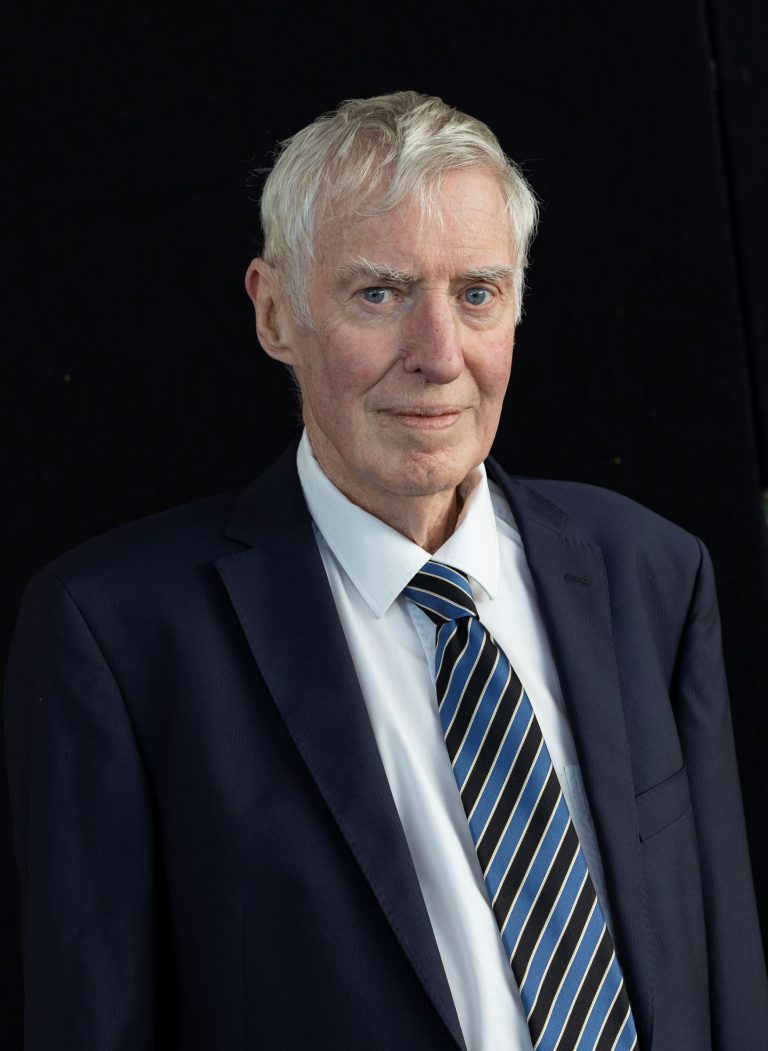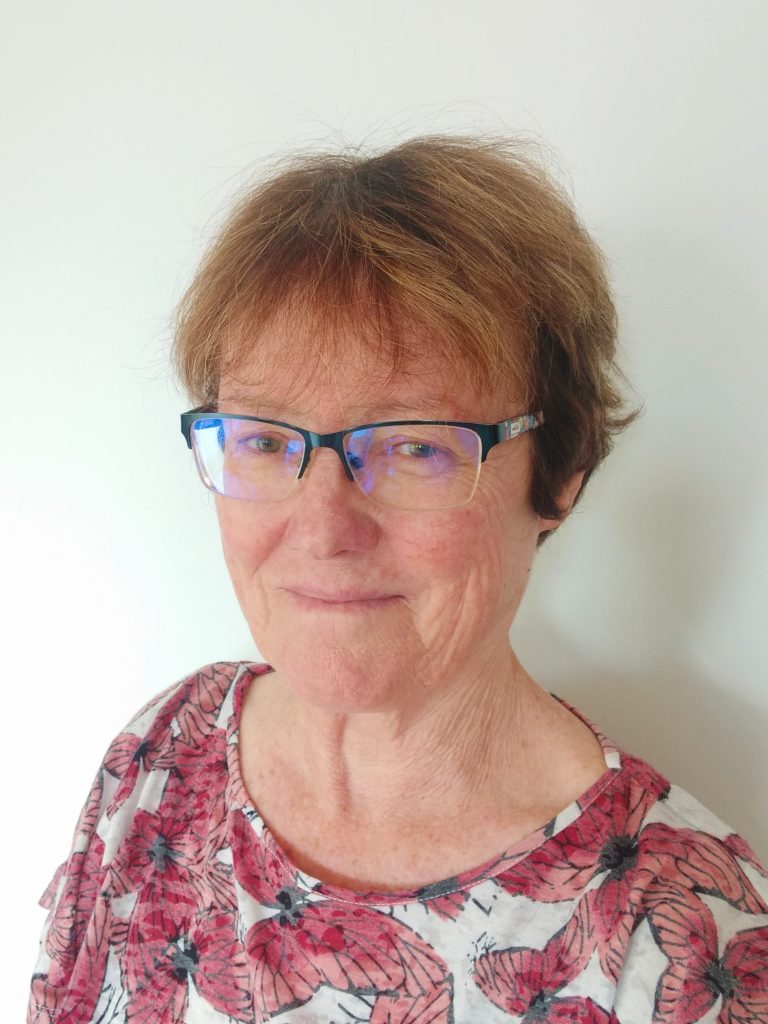Interview by Kate Candy Colbert
Behind the Scenes is a series that focuses on essential roles within the Manukau Symphony Orchestra behind the eye of the public. We will be interviewing individuals who are in these important roles. Our first essential role is:
Orchestra Manager, Logistics and Stage Manager
Russell Finnemore

Photo by Randy Weaver
Please tell us your background expertise prior to your role in MSO.
My love for classical music has underpinned my later career in working with orchestras. I started in St Matthews Chamber Orchestra in the 1970’s as a Violinist and then took on the duties of Secretary which included writing letters to respective soloists and conductors, and it was in this time that I also started learning the nuts and bolts of putting on concerts due to my curiosity. This experience gave me the necessary skills to successfully apply for work in the Auckland Regional Orchestra (now known as the Auckland Philharmonia Orchestra) in the role as Orchestra Manager (for 10 years) which included general office management and all aspects of concert production and logistics. You learn the craft by working with people, not from a textbook. Most of those who end up as arts managers have learned on the job – the apprentice years – later supplemented by management studies. In 1992 I joined the University of Auckland of Music as Concerts Secretary for 16 years where I provided administration for, publicised and managed concerts. From 2012 I moved into part-time management of the orchestra programme at the University.
How long have you been in this role?
Approximately 10 years. Uwe Grodd, the MSO Music Director, who I previously worked with at the University of Auckland, recruited me.
Please describe the main tasks you are responsible for in your role.
Co-ordinating with our Musical Director and Conductor Uwe Grodd, fixing logistic problems, organising the layout of the orchestra on stage including specified areas for soloists. Also, moving and setting up equipment like chairs and stands and steps and platforms and large instruments like Piano and large Percussion instruments such as Timpani. There is also the transportation of equipment to and from the MSO base at Te Tuhi to concert venues.
Do you work by yourself, or do you have an assistant or a team?
Most of the time I work with 1 or 2 other people. Up to this year I had an assistant Andrew Gibson a viola player in MSO but now I have Matt Cook a Violinist in MSO who helps with set-up and breakdown. I also have Adrian Knowles who volunteers to help. Sometimes I work with a large team such as when MSO and NZ Opera collaborated to present “Star Navigator” in 2021.
How is stage equipment and MSO’s large percussion instruments brought to rehearsal and concert venues?
MSO’s current home base is at Te Tuhi Art Gallery where we have a storeroom. We book a rental truck and staff (the driver and an assistant) in advance and with myself and Adrian our volunteer, the four of us manage the transportation of large instruments and music stands and chairs.
How far ahead do you need to plan logistics for rehearsals and concerts?
As far ahead as possible! to avoid wasting time and waiting around. Everything depends on the call-sheet which is designed well in advance. The call-sheet includes what instruments are needed and will be used.
What parts of your role do you enjoy the most?
I love it when a plan comes together. I enjoy presenting bouquets to soloists at the right moment on the stage, so it looks professional. Unless planned, and sometimes rehearsed, these tasks can look embarrassingly amateurish! I enjoy feedback from soloists and having interesting conversations with them.
What personal qualities and strengths are important in your role?
The ability to plan well in advance and attention to detail. One needs to be confident dealing with potential problems. This role needs someone who has a passion for the art-form and be committed to it. Do you believe in it?
Do you have any advice for an up-and-coming Stage Manager?
Look for an apprenticeship opportunity to learn all aspects of the role and then look for management opportunities.
Have you had any near misses or disasters in your time in your role in MSO?
A trucking firm was late delivering equipment once and it was very stressful. Deadlines are important! Also, previous movers had a narrow ramp and a Timpani case fell off. Fortunately, there was no damage, but I did change the trucking company after that.
What is your most memorable concert experience in your role as Logistic manager of MSO?
Our Navigator Project with Opera NZ. I attended half a dozen production meetings and it was very satisfying being part of a larger team.
MSO has a special character with a mixture of community, youth, and professional players. Does this make your job sourcing players more challenging?
People volunteer. There are a limited number of paid professional mentor positions in MSO so that simplifies things. Also, MSO gets lots of youth enquiries and community players who read the MSO website and Facebook.
What section of the orchestra presents the most challenges to find players?
The percussion section and specialist wind instrument players.
Do you have a favourite soloist who has performed with MSO?
Amalia Hall (Violin), Mark Menzies (Violin), Andrew Joyce (Cello), Dierdre Irons (Piano).
Do you play an instrument?
Yes, I play the Violin and play in 2 community groups but not in MSO.
Can you tell us something about yourself that we may not know?
As a spin-off of my musical interests I really like Stereo gear. Since a teenager I have wanted the best audio gear to deliver the maximum musical experiences I could afford. I enjoy listening to music as an evaluative listening experience where I can audibly hear subtle differences – training my ears.

